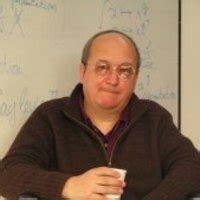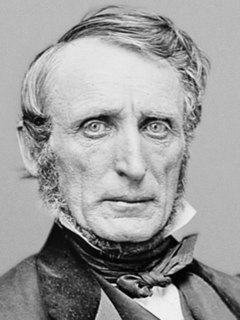A Quote by Frances Mayes
I would like The Discovery of Poetry to be a field guide to the natural pleasures of language - a happiness we were born to have.
Related Quotes
We believe we can also show that words do not have exactly the same psychic "weight" depending on whether they belong to the language of reverie or to the language of daylight life-to rested language or language under surveillance-to the language of natural poetry or to the language hammered out by authoritarian prosodies.
This relaxation is the space in which happiness grows, and again I repeat: for no reason at all. It is not that you are happy because of something. You are simply happy. Happiness is your nature. Unhappiness is something nurtured, you have learned it. Every credit goes to you for all your misery, but for happiness, you cannot have any credit. It is natural. You were born happy. You were happy in your mother's womb.
It is a mass language only in the same sense that its baseball slang is born of baseball players. That is, it is a language which is being molded by writers to do delicate things and yet be within the grasp of superficially educated people. It is not a natural growth, much as its proletarian writers would like to think so. But compared with it at its best, English has reached the Alexandrian stage of formalism and decay.
Poetry cannot be translated; and, therefore, it is the poets that preserve the languages; for we would not be at the trouble to learn a language if we could have all that is written in it just as well in a translation. But as the beauties of poetry cannot be preserved in any language except that in which it was originally written, we learn the language.
Broadly speaking, it is my conclusion that a pretty good guide to most issues of natural law is to look at those areas where you find a consensus in the Judeo-Christian tradition. I think that is roughly, not unerringly, the outline of what I would call natural law.There must be some moral values underlying any civilization; that's my guide.
The complete novelist would come into the world with a catalog of qualities like this. He would own the concentration of a Trappist monk, the organizational ability of a Prussian field marshal, the insight into human relations of a Viennese psychologist, the discipline of a man who prints the Lord's Prayer on the head of a pin, the exquisite sense of timing of an Olympic gymnast, and by the way, a natural instinct and flair for exceptional use of language.
Gunn would be an important figure-rewarding, delightful, accomplished, enduring-in the history of English-language poetry even were his life not as fascinating as it now seems; he would be an important figure in the history of gay writing and in the history of transatlantic literary relations even were his poetry not so good as it is. With his life as it was and his works as they are, he's an obvious candidate for a volume of retrospective and critical essays, and this one is first-rate.
Buddha wrote a code which he said would be useful to guide men in darkness, but he never claimed to be the Light of the world. Buddhism was born with a disgust for the world, when a prince's son deserted his wife and child, turning from the pleasures of existence to the problems of existence. Burnt by the fires of the world, and already weary with it, Buddha turned to ethics.







































